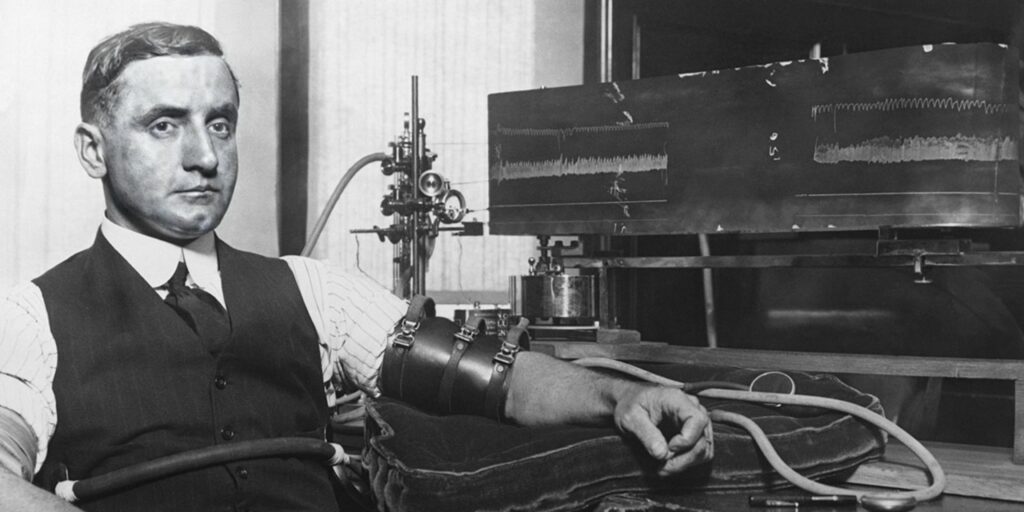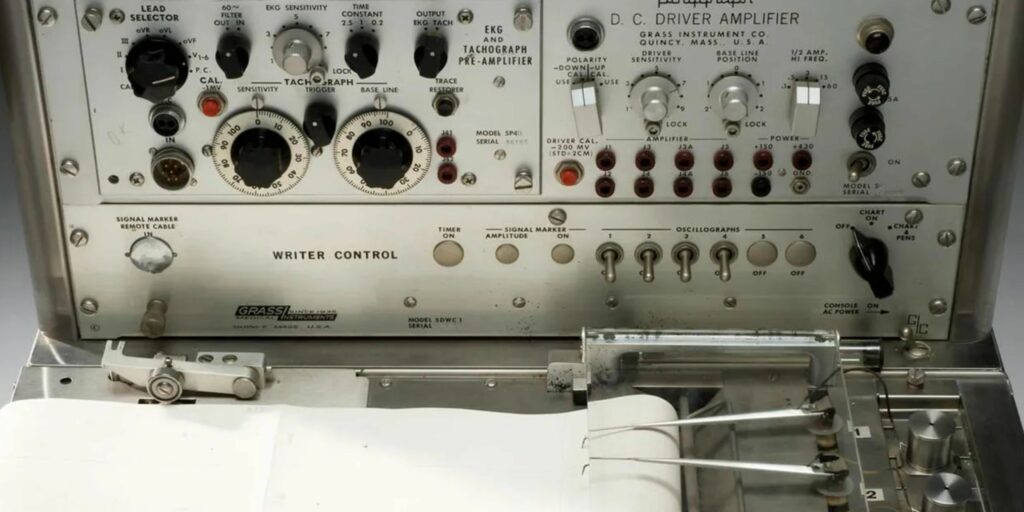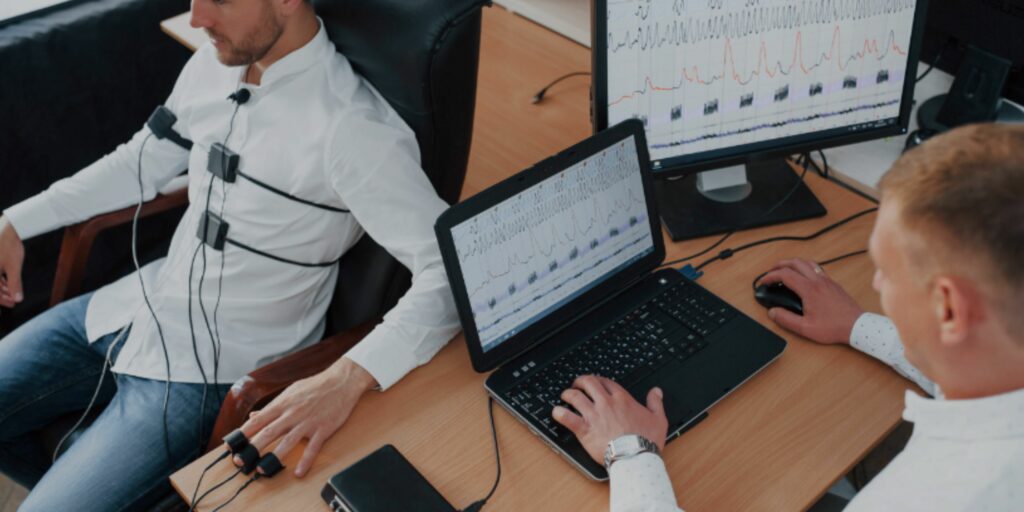
Ever wondered how lie detection evolved from ancient times to the modern era? This journey is not just about technology but also about understanding human psychology and ethics. Let's dive into the intriguing history and evolution of lie detection techniques.
The Early Beginnings of Lie Detection/Lie Detector Near you
Historical Anecdotes and Practices
The quest to distinguish truth from lies dates back to ancient civilizations. From bizarre rituals to observing physiological responses, early methods were a mix of superstition and observation.
The Role of Physiological Responses
Ancient practices hinted at a crucial aspect still relevant today: the physiological responses during deception. The understanding that lying can evoke physical reactions set the stage for future scientific methods.
The Advent of the Polygraph

Invention and Initial Uses
The polygraph, a significant leap in lie detection, was invented in the early 20th century. It measured multiple physiological responses, assuming that deceit triggers distinct physical changes.
Technical Advancements
Over time, the polygraph evolved, becoming more sophisticated in its technology and application. But with advancements came questions about its reliability.
Popularity and Controversies
Despite debates, the polygraph gained widespread use, especially in law enforcement and security clearances, sparking a long-standing controversy over its efficacy.
Psychological Aspects of Lie Detection
Understanding Deception
Lie detection isn't just a technical challenge; it's deeply rooted in understanding human psychology. What motivates a person to lie, and how does it affect their behavior?
The Role of Anxiety and Stress
Anxiety and stress are often associated with lying. But can these emotions be reliably linked to deception? This question remains central to the psychology of lie detection.
Modern Lie Detection Techniques

Beyond the Polygraph
In the quest for more accurate methods, researchers have explored alternatives to the polygraph. These include voice stress analysis, eye tracking, and even brain imaging.
Voice Stress Analysis
This technique analyzes changes in voice patterns, theorizing that stress alters vocal qualities. But like the polygraph, its reliability is debated.
Eye Movement and Pupil Analysis
Some studies suggest that eye movements and pupil dilation can indicate lying. However, this approach is still in its infancy.
Brain Imaging Techniques
The most cutting-edge approach involves brain imaging, aiming to pinpoint neurological signs of deception. While promising, it's far from being a standard practice.
Lie Detection in Law Enforcement
Use and Reliability in Criminal Investigations
Lie detectors are a staple in criminal investigations, but their reliability remains a contentious issue. Can we truly rely on them for justice?
Ethical Considerations
The use of lie detection in law enforcement also raises ethical questions. How do we balance the search for truth with the rights of individuals?
Lie Detection in the Digital Age
AI and Machine Learning
Artificial intelligence and machine learning are the new frontiers in lie detection. These technologies promise to analyze data with unprecedented precision.
Future Prospects
As we advance, the potential for digital lie detection grows. But so do concerns about privacy and ethical use of technology.
Challenges and Criticisms
Accuracy and Reliability Issues
The biggest challenge for lie detection is its accuracy. How often do these methods yield false positives or negatives?
Legal and Ethical Debates
The use of lie detection in courts and workplaces sparks legal and ethical debates. Balancing scientific validity with ethical practice is complex.
Cultural Impact and Public Perception
Media Influence
Media portrayal of lie detection, often sensationalized, affects public perception. Separating fact from fiction is crucial in understanding these techniques.
Public Trust and Skepticism
Public opinion on lie detection swings between trust and skepticism. This dichotomy reflects the ongoing debate over its place in society.
Training and Expertise in Lie Detection
The Role of the Examiner
The skill of the lie detector examiner is critical. A well-trained professional can significantly impact the accuracy of the results.
Skill Development and Challenges
Becoming an expert in lie detection requires not just technical knowledge but also an understanding of human behavior and ethics.
Global Perspectives on Lie Detection
Cultural Variations and Acceptance
The acceptance and use of lie detection vary globally. Cultural beliefs and legal frameworks play a significant role in its adoption.
The Future of Lie Detection
Emerging Technologies and Theories
Emerging technologies, like AI, offer new possibilities for lie detection. But they also bring new challenges and ethical considerations.
Conclusion
The evolution of lie detection is a fascinating blend of science, psychology, and ethics. As technology advances, so will our methods and understanding of uncovering deception. However, balancing scientific progress with ethical considerations will always be paramount.
FAQs
- What was the first form of lie detection?
Early forms of lie detection were based on observing physiological responses during interrogations or trials in ancient civilizations. - How accurate is the polygraph?
The accuracy of the polygraph is debated, with studies showing varying results. Its reliability depends on many factors, including the skill of the examiner. - Are there any alternatives to the polygraph?
Yes, alternatives like voice stress analysis, eye tracking, and brain imaging are being explored, but they are not yet widely accepted or proven. - Can AI improve lie detection accuracy?
AI has the potential to improve accuracy by analyzing vast amounts of data, but it also raises concerns about privacy and ethical use. - Is lie detection legally admissible in court?
The admissibility of lie detection varies by jurisdiction. In many places, polygraph results are not considered reliable enough for court evidence.